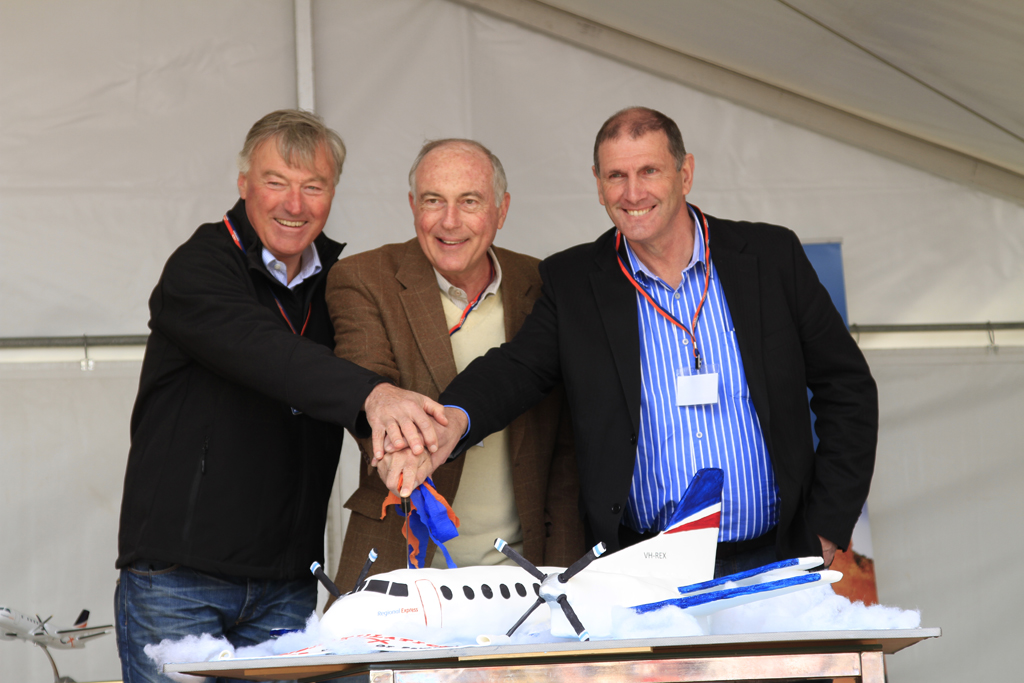It is a twelve month to the day that the esteemed David Forsyth and the ‘team’ presented their 37 recommendations to DPM Truss. Those of PAIN monitoring the changes and the effects of change have had a pretty easy time of it – in fact nothing has changed. Not even to those who perpetrated the Pel-Air disgrace; still working, still denying, still obstructing and frustrating industry attempts to move forward. Until Skidmore, Truss and the board are prepared to remove and possibly prosecute those responsible for actively fostering the culture of ’embuggerance’ as a pastime, enforcing some of the most risible operational decisions and ‘building’ evidence to assist the process; it safe to say, the Forsyth effort has been a complete waste of time, money and industry patience. Our opinion below stands; as valid today as the day it was first drafted. Shame on the minister.
Quote:1) The Civil Aviation Safety Authority (CASA), through the Minister is legally and morally responsible to the Australian travelling public for competently assessing whether all the elements of an air operator ‘certification’ are compliant. Civil Aviation Regulation 215 requires that an air operator provide an exposition; usually entitled the Company Operations Manual (COM) which is required by strict liability law carrying criminal penalties to provide detailed operational data. The ‘manual’ is tailored to form a ‘rock solid’ foundation supporting all facets of a proposed Air Operator Certificate (AOC) prior to operational approval being issued, by CASA.
2) CASA have, over a period of years effectively blurred the distinction as to whether the exposition is “accepted” or “approved”. Notwithstanding the fine legal distinctions, in reality if the CASA is not ‘satisfied’ then whatever is presented will neither be accepted or approved. In short, the CASA delegate ‘must be satisfied’. Hundreds of man hours and small fortunes are expended ‘amending’ expositions to the ‘satisfaction’ of individual CASA officers, who rarely seem to agree with one another on what should and what should not be written into a manual.
3) It is an untenable position and an outrageous notion that CASA can approve (or accept) an operation as compliant, then soon afterwards declare that the ‘operator’ is in breach of the regulations. In both the Lockhart River (Transair) and Pel Air cases, the operators believed they were complying with the company procedures as accepted and approved by the CASA.
4) It appears that in both instances the COM assessed, accepted and where required ‘approved’ by the CASA as being suitable for the proposed operations were clearly and definitively substandard before the conduct of flight operations. It appears, in both instances that the Training and Checking system accepted and formally approved by CASA was substandard and incapable of providing the level of flight safety protection expected and legally required for the safe conduct of the proposed flight operations.
5) The fatal Lockhart River crash occurred due to CASA allowing, accepting and approving procedures and operating practices which were clearly flawed and deficient. The near fatal Pel Air accident occurred for those very same reasons.
6) The Canley Vale fatal accident occurred due to CASA dismissing warnings and advice that an accident was inevitable and that the company operational management was dysfunctional, despite internal, executive efforts to address and correct serious issues.
7) The CASA manager overlooking the Pel Air audit has allowed much latitude to the company. The reason why is not a question we can answer; it is fact that the ‘company manuals’ with hasty (post-event) modification were deemed to still be ‘acceptable’ for continued operation albeit, with provisos attached to the AOC.
8) The same manager overlooking the Airtex ‘special’ audit deemed that CASA had not ‘accepted’ the extensive, CASA demanded modification to a manual which had been operationally ‘in effect’ for eighteen months, despite CASA removing several conditions from and reissuing the AOC against the revised manuals. There was absolutely no latitude available to Airtex; no discussion which accepted reasoned, balanced argument, or indeed acceptance that the Inspectors conducting the audit opinion was technically incorrect in many areas and relied on CASA management support for some extreme definitions of operational ‘law’. Airtex, like Tiger Airways, Polar and Barrier Aviation were denied, administratively the right to continue operations under their CASA approved systems.
P1 a.k.a P1



